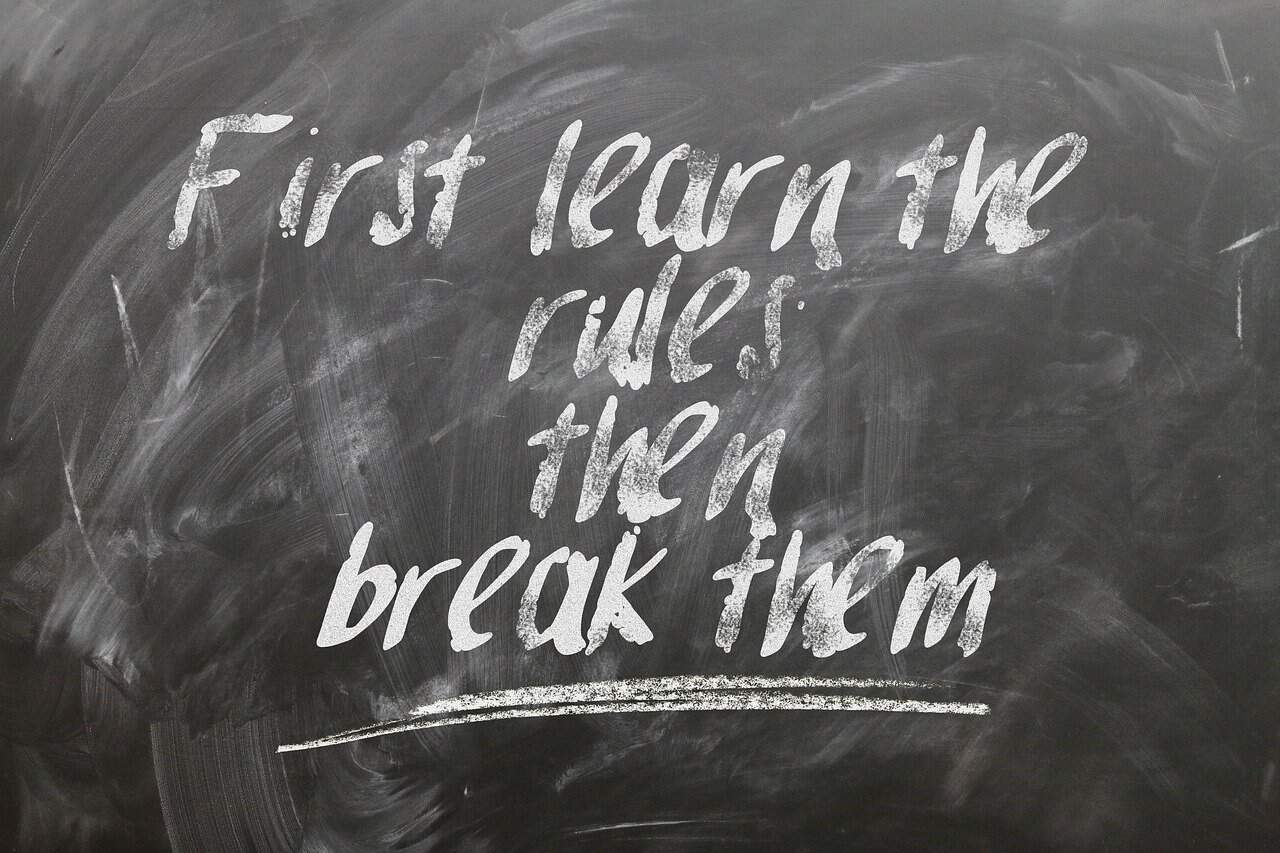“Individual Action” in Holacracy
The rule for breaking the rules
The rule for breaking the rules

What do we do when our best judgment tells us to go outside of our authority or against an established rule or policy? Probably, we do what humans usually do: we consider the situation, including what we understand of the existing rules, and we use the best judgment available to us to decide how to proceed. And sometimes our best judgment tells us to break the rules. Holacracy® calls this taking Individual Action, and there are core rules built into the system for doing so; in other words, there are rules about how to break the rules.
No matter how clearly we’ve defined the rules, policies, and processes, we will occasionally see a need for action which doesn’t fit within the defined system. In most organizations we’re tempted to hide such Individual Action for fear of blame, but doing so costs the organization a critical learning opportunity. In an organization running with Holacracy, there’s likely a good reason the rules exist, and a reason we thought it best to break them — we thus have something to integrate, and the rules need to evolve. In the early days of practicing Holacracy, much of what we do will fall outside of the defined authorities, since Holacracy encourages us to let our governance evolve over time rather than predict what it all should be up-front.
With Holacracy, the rule of Individual Action tells you to do exactly what people will do anyway: Consider the information available, including the existing rules, and take whatever action you believe makes the most sense using the best judgment available to you. However, when that action falls outside or against existing governance, the rule of Individual Action adds two further steps you must also be prepared to take:
Operating outside the rules or even breaking the rules is thus within the rules, as long as you’ve genuinely acted using your best judgment, for the sake of the organization, and followed these two corollary steps afterwards. This isn’t suggesting anyone should break the rules any more than already happens, it’s rather recognizing the reality that it does happen and working with it.
Recognizing and making space for Individual Action can have a profound effect on the culture within an organization. It prevents the rules from being used as either an excuse for not doing the right thing, or a weapon to attack those who were genuinely trying their best. It helps us avoid getting stuck in all the blame, negativity, and “should have’s” that otherwise get thrown around in today’s companies. These are all understandable emotions that get confused for facts about reality — they become resistance to what has already happened and can’t be changed. Resisting the past gets in the way of our accepting the present for the perfect moment it is, and then shifting our energy to how to effectively move forward into the future.
The rules of Individual Action shift us from blame and fear of blame to living in the present and facing the future together. And when Individual Action triggers tensions, Holacracy offers governance structures and meeting processes to channel that tension into organizational evolution.
To learn more about self-management, join a community of pioneers and check out our e-courses → Self-Management Accelerator